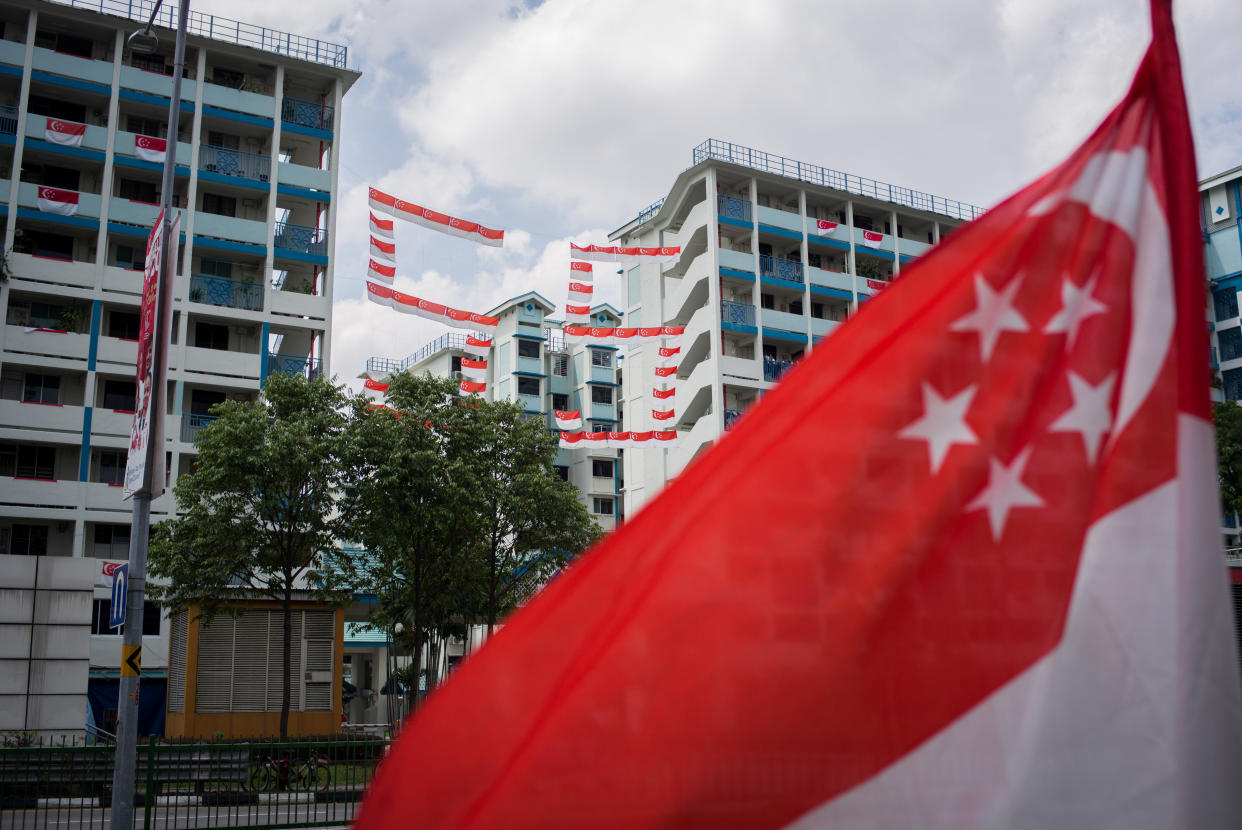Singapore society's views not limited to social media posts or petitions: SMU don

SINGAPORE — The government has to reach out to different segments of society for their views and not be “railroaded” into making decisions based on social media posts and online petitions, said a prominent educator on Thursday (22 October).
Professor Lily Kong, president of the Singapore Management University, said “there is no getting away” from the issue when asked at a webinar about how authorities should maintain the balance between maintaining secularism and listening to online concerns of religious groups or individuals.
She was speaking along with former minister Yaacob Ibrahim on the topic of religious harmony in Singapore. The hour-long session – organised by the Centre for Liveable Cities and the Institute of Policy Studies – was moderated by the institute’s senior research fellow Dr Mathew Mathews.
“There are moments when the government must get involved because you do need the arbitration in society across different groups, and the state has the responsibility and is well-positioned to do so,” said Prof Kong.
It is important that the state is not over-reliant on social media or petitions when assessing the positions of the society at large, Prof Kong said. “In social media, you get an echo chamber, and you get a slice of very vocal voices,” she added.
As such, the government should get feedback from the “silent majority”, whose views are very often not reflected online, according to Prof Kong.
“Therefore it is the role of the government to reach out and have a sense of what different segments of society are thinking and not to be overwhelmed and railroaded into taking the views on social media or through the petitions only,” she said.
Last year, an online petition on Change.org calling for the ban on two concerts by Swedish metal bands Watain and Soilwork garnered over 17,000 signatories. The public outcry had prompted the Ministry of Home Affairs (MHA) to make a security assessment for the concert by Watain, which had earlier been allowed to take place with a Restricted 18 (R18) rating.
The concert was later cancelled at the 11th hour by the Infocomm Media Development Authority (IMDA), following the MHA’s assessment that it should not proceed. The ministry expressed serious concerns about the event, citing the band’s history of “denigrating religions and promoting violence”, which has the potential to cause enmity and disrupt Singapore’s social harmony.
Prof Yaacob, who held several ministerial roles during his 23-year political career, including communications and information, said that it is not in the government's interest to impede various groups of people from carrying out their activities.
The former minister-in-charge of Muslim affairs pointed out that religious leaders of different faiths understand there has to be a balance between meeting the needs of Singapore’s secular society and having a space to voice their concerns.
“That negotiation is an ongoing process,” said Prof Yaacob, who is now an engineering professor at the Singapore Institute of Technology. “I don't pretend that we can resolve this overnight.”
Sharing religious spaces
The panellists were also asked to share their thoughts on places of worship doubling up as community spaces, such as kindergarten facilities.
Prof Kong noted that while it may be a good move to open up such facilities to people from different religions, there is a danger that people belonging to specific faiths may claim these spaces as their own.
Warning that such mindsets would “shrink” common spaces for people of different religions and races to come together, she added, “It's a double-edged sword, and it's something that we need to constantly be vigilant about.”
Agreeing, Prof Yaacob said that he is not in favour of having community spaces, such as kindergartens, within places of worship. The varying uses of these spaces, however, came about before authorities had given much thought to the integration of different groups, he noted.
Calling for the issue to be dealt with “very sensitively”, Prof Yaacob warned against the unhealthy competition in the management of such spaces. “When I was growing up, there were many young people going to church-based kindergartens, because at that time there were no mosque-based kindergartens...then the mosques reacted to that and they have their own.”
Nevertheless, Singapore can continue to experiment with having common spaces catering to all religions separate from traditional places of worship, he added.
Stay in the know on-the-go: Join Yahoo Singapore's Telegram channel at http://t.me/YahooSingapore
More Singapore stories:
Parti Liyani case: Chief Justice to appoint tribunal to probe DPPs for alleged misconduct
Man who died in PMD-related fire left toilet to save dogs in living room


